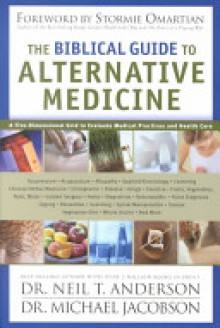
When it comes to traditional Chinese medicine, the heart is considered central to your body’s health. Ancient Chinese texts of the past, such as Huainanzi and Guanzi, Daoist classics, consider the heart “the ruler of the five organ networks”, also known as the “emperor of the human body”.
The Heart According to Traditional Chinese Medicine
The heart is known as one of the five Zang organs, together with the spleen, kidneys, lungs and liver. They are also known as the yin organs, as they produce, regulate and store the vital substances of the body, such as bodily fluids, blood and qi. The Zang organs are vital to the regulation of the body’s internal functions.
Each of the Zang organs is paired with a fu organ, also known as a yang organ. The yang organs include the small intestine, the gallbladder, stomach bladder and large intestine. They help you digest food, absorb its nutrients and get rid of bodily waste. The fu organs are busy with external functions.
If you keep your heart healthy, you can keep your body healthy as well. If you are taking good care of the organs that generate qi, then your heart will be protected and well-nourished.
How to Keep Your Heart Healthy
Heart disease is one of the leading causes of death all around the world. Some of the risk factors surrounding it include inactivity and an unhealthy diet, as well smoking or inadequate amounts of sleep and stress. Each of these risks can be addressed, according to traditional Chinese medicine. You can stay motivated by following the examples below:
- The Risks of Inactivity
The solutions to this particular problem can be found with Tai Chi, Yoga or other activities that promote movement and flexibility. Set a regular schedule, stick to it and alternate activities together with friends or alone if need be.
- The Risks of Unhealthy Diets
According to traditional Chinese medicine, red foods help strengthen the heart by making up for the loss of the yang from the body, the fire energy. Some of the red foods in question are cherries, tomatoes, red beans, apples, watermelon, strawberries, beef and more.
- The Risks of Smoking
You should let people know you’re planning on quitting smoking, making it easier to stick to it by having people keeping you in check. YOu can also look for astragalus with your herbalist, which helps reduce the anxiety of quitting. If you feel withdrawal symptoms, you should look to friends and family for help. You can also join a support group for former smokers if you feel it’s necessary.
- The Risks of Inadequate Sleep
Poor sleep is caused by imbalances in your yin and yang energies. Depending on your type of problem, your herbalist might give you a customized formula that works for your specific needs. You need to practice good sleeping habits, such as having a specific bedtime schedule, turning off your electronic devices before bed and making the room comfortable for sleep, among other things. You need a way to remind yourself to stick to that habit, so set alarms and stick to your schedule.
- The Risks of Stress
You can find a solution by practising meditation, tai chi, qigong, whatever works to calm your nerves. Drinking calming teas recommended by your herbalist also helps, as well as practising deep breathing before stressful situations bring you down. You need to understand that stress is the body’s natural reflex to threats, real and perceived. Take a deep breath once the danger has passed and repeat a mantra that helps you shed the fear.

 Log in with Facebook
Log in with Facebook 






